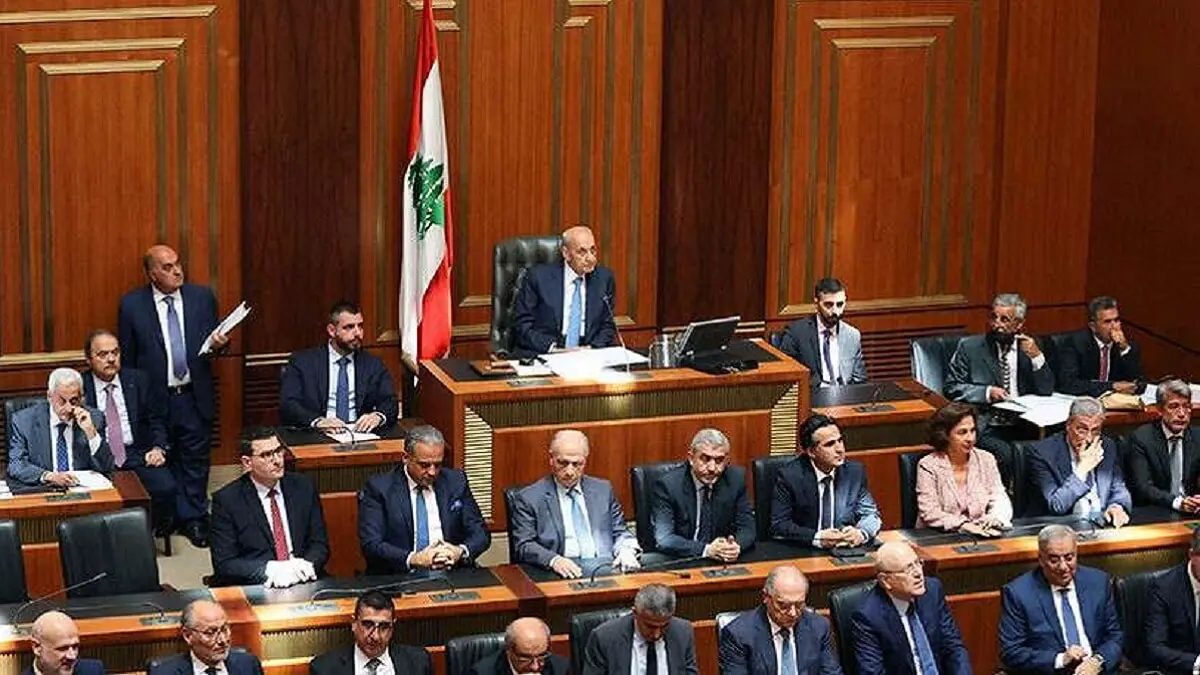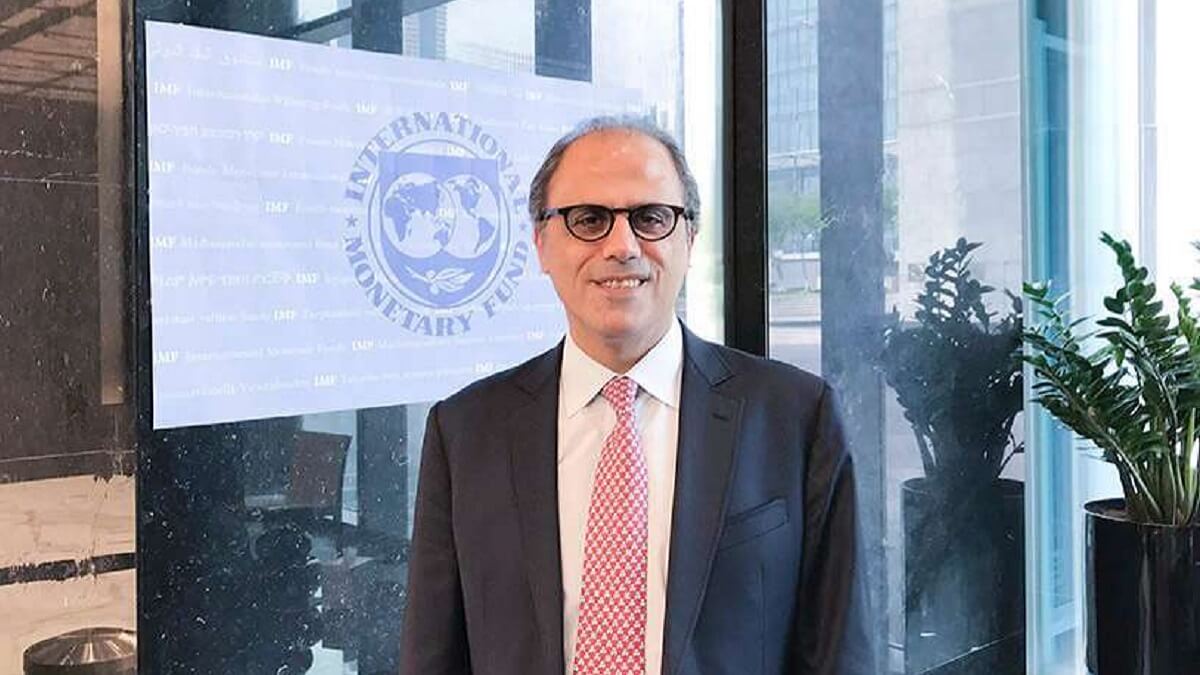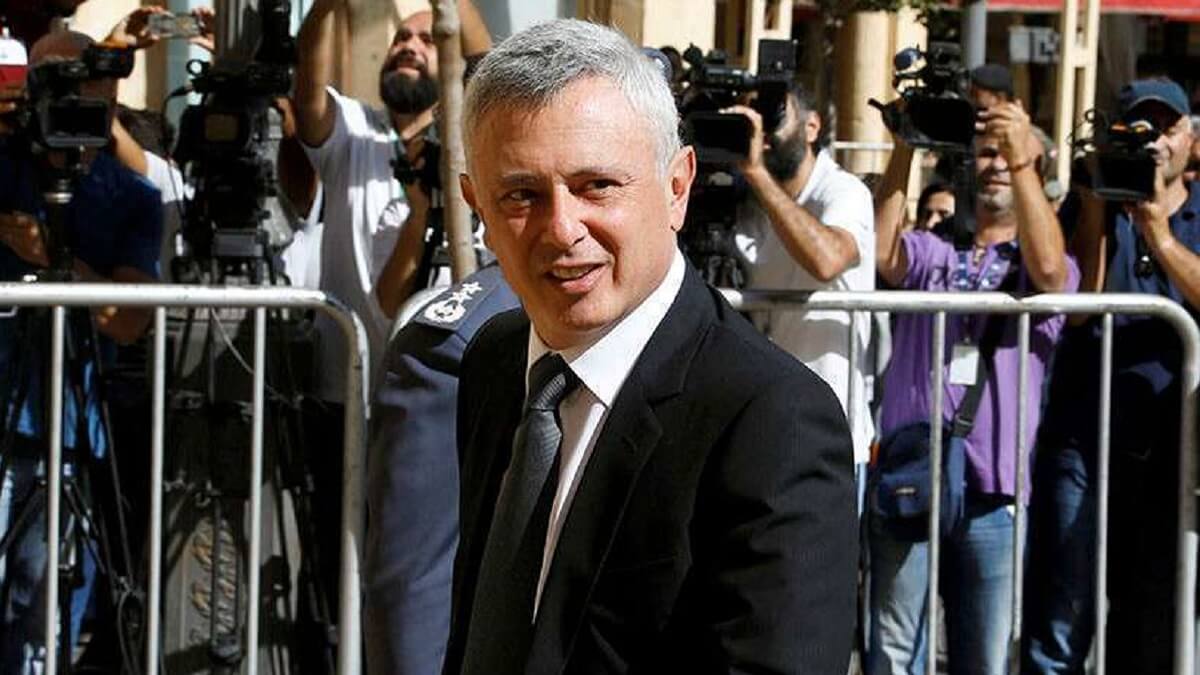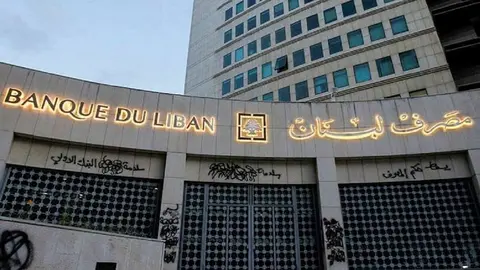Lebanon's government remains without a president

On Wednesday 14 June, the second round of the sessions for the election of a new president took place in Lebanon after months of deadlock in the voting. During the second round, Hezbollah representatives walked out of parliament, making the second round of voting impossible due to a lack of quorum. Lebanon has been without a president since Michel Aoun stepped down in October 2022. The president will be elected by the parliament, which will need a two-thirds majority of the total number of MPs (128). That makes 12 ballots that have been held since Aoun's handover.
Parliamentary Speaker Nabih Berri has not scheduled a next session, leaving the country without a president. "Enough of blaming individual parties for prolonging the vacuum, and let us all admit that persisting in this behaviour and maintaining this vicious circle does not achieve the desired outcome to which Lebanese and Arab brothers and friends everywhere in the world aspire," Nabih declared during the session, according to Al Arab media.
Two candidates ran for the presidency during the second round of voting. Suleiman Frangieh, a Hezbollah-backed candidate, received 51 MPs' votes in the first round, while Jihad Azour, a former finance minister, received 59 votes. According to Article 49 of the Lebanese Constitution, the election of the President of the Republic is conducted through a secret ballot with a two-thirds majority of the House of Representatives.

Jihad Azour belongs to the Christian bloc and has been part of the International Monetary Fund (IMF) since 2017 as director of the Middle East and Central Asia Department, he also served as finance minister between 2005 and 2008. Azour replaced candidate Michel Moawad after he first entered the presidential race, and who supports Azour's candidacy.
Suleiman Frangieh, on the other hand, remains the candidate backed by Hezbollah and the Amal Movement, headed by Parliament Speaker Berri. Hezbollah, designated as a foreign terrorist organisation by the US since 1997, is one of the main blocs within parliament. The bloc's withdrawal from the chamber would obstruct the selection process and make it impossible for candidate Azour to be elected. If Hezbollah decides to withdraw its support for Frangieh, it will begin negotiations with the Free Patriotic Movement on the nomination of a possible new candidate.

Experts estimate that this situation will drag on for weeks or months, and that pressure from international actors will be necessary during the process. Former French Foreign Minister Jean-Yves Le Drian has been appointed as the French president's personal envoy and will visit Beirut next week in a bid to end the political crisis. US State Department spokesman Mathew Miller said: "The political paralysis in Lebanon is a problem that Lebanese leaders must solve. That's why we've urged them to continue to come together to work on this. They have been deadlocked for some time. We believe that Lebanon's leaders and its elites must stop putting their own interests and ambitions above the people of their country".
The country is currently in the midst of an unprecedented economic crisis that has been compounded by a political crisis in which the lack of leadership will further damage Lebanon's disastrous situation.









